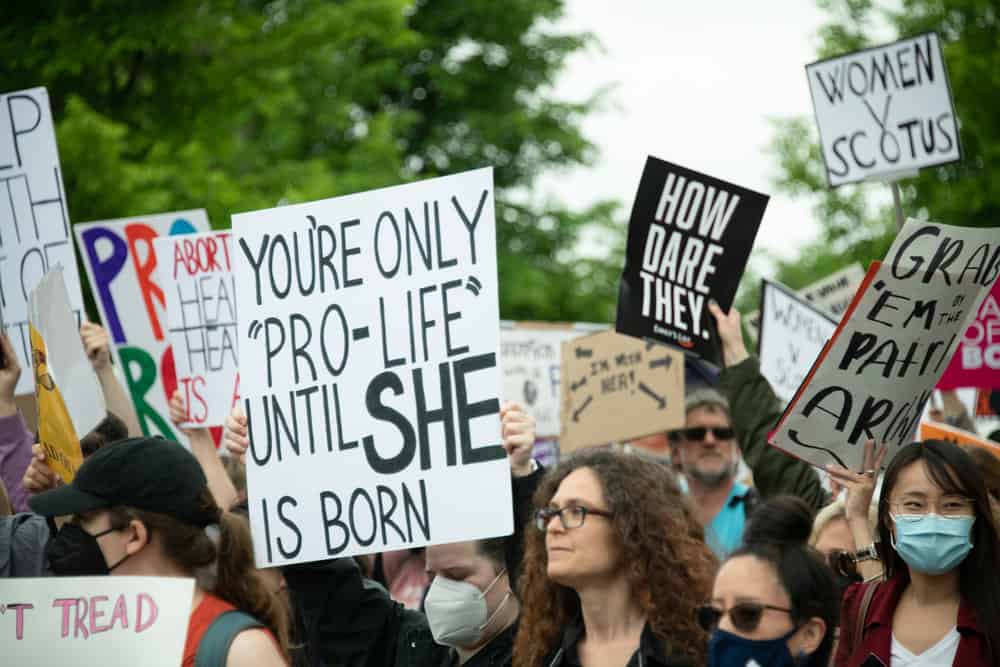The Supreme Court of the United States (SCOTUS) decision to overturn Roe and Casey has led to widespread fears that the Supreme Court will go on to overturn other basic rights. Indeed, in the dissenting opinion, Justices Stephen Breyer, Sonia Sotomayor, and Elena Kagan warned that this decision threatens other fundamental rights. While concurring with the ruling, Chief Justice John G. Roberts also warned of the dangers of other rights being undermined. Many Californians are worried that, while California retains abortion rights, future decisions will erode their rights.
Why the Supreme Court Has Taken a Turn to the Right
The Republican Party has established a supermajority in the Supreme Court, which has given them a generational opportunity to transform the political and cultural landscape of the country. This is part of a decade-long campaign. Although many Americans assume that Republicans have always been anti-abortion, the reality is that Roe v Wade had bipartisan support. By the 1960s and 1970s, Republicans and even evangelical Christians had accepted abortion as a fundamental right. What changed is that conservatives believed they needed a single issue that they could use to rally ordinary Americans and drive support for a broader conservative revolution. For those conservatives, conservatism is not about the status quo, it’s about a reactionary revolution. Abortion is a gateway issue.
As part of this revolution, conservatives formed the Federalist Society, whose originalist philosophy argues that the Constitution must be interpreted the way its founders would have understood it. Given the tenets of the Federalist Society and the broader ambitions of conservatives, it is very likely that the Supreme Court will take further controversial decisions. For instance, Justice Clarence Thomas believes that substantive due process should be ended.
However, the opinion of the court, held by Justices Alito, Thomas, Gorsuch, Kavanaugh, and Barrett, argued that abortion is different because it is a clash of rights, between that of “potential life” or the “unborn human being”, and those of the mother. This, to the court, makes abortion a “unique act”, and the court said its decision should not be seen as threatening other rights. Abortion rights are not under threat in California, says californialawfirm.net, because the Supreme Court’s decision sends the question to states, and California holds that abortion is a right.
Nevertheless, there are issues that many Californians hold as crucial that the Supreme Court could rule against. For instance, gun control is a significant issue in the United States, and conservatives hold that gun rights are fundamental. The Supreme Court has already found that New York’s proper requirement violates the 14th Amendment and prevents citizens from their Second Amendment rights. This effectively overturned New York’s Sullivan Act, which restricted gun ownership.
That case is a sign of what is to come. Rather than attacks on personal rights, we are likely to see expansions of rights conservatives deem fundamental, which ordinary Californians believe negatively impact their lives. The Supreme Court does not articulate that fine difference. From gun rights to voting rights, the Supreme Court will likely change how Americans live.



